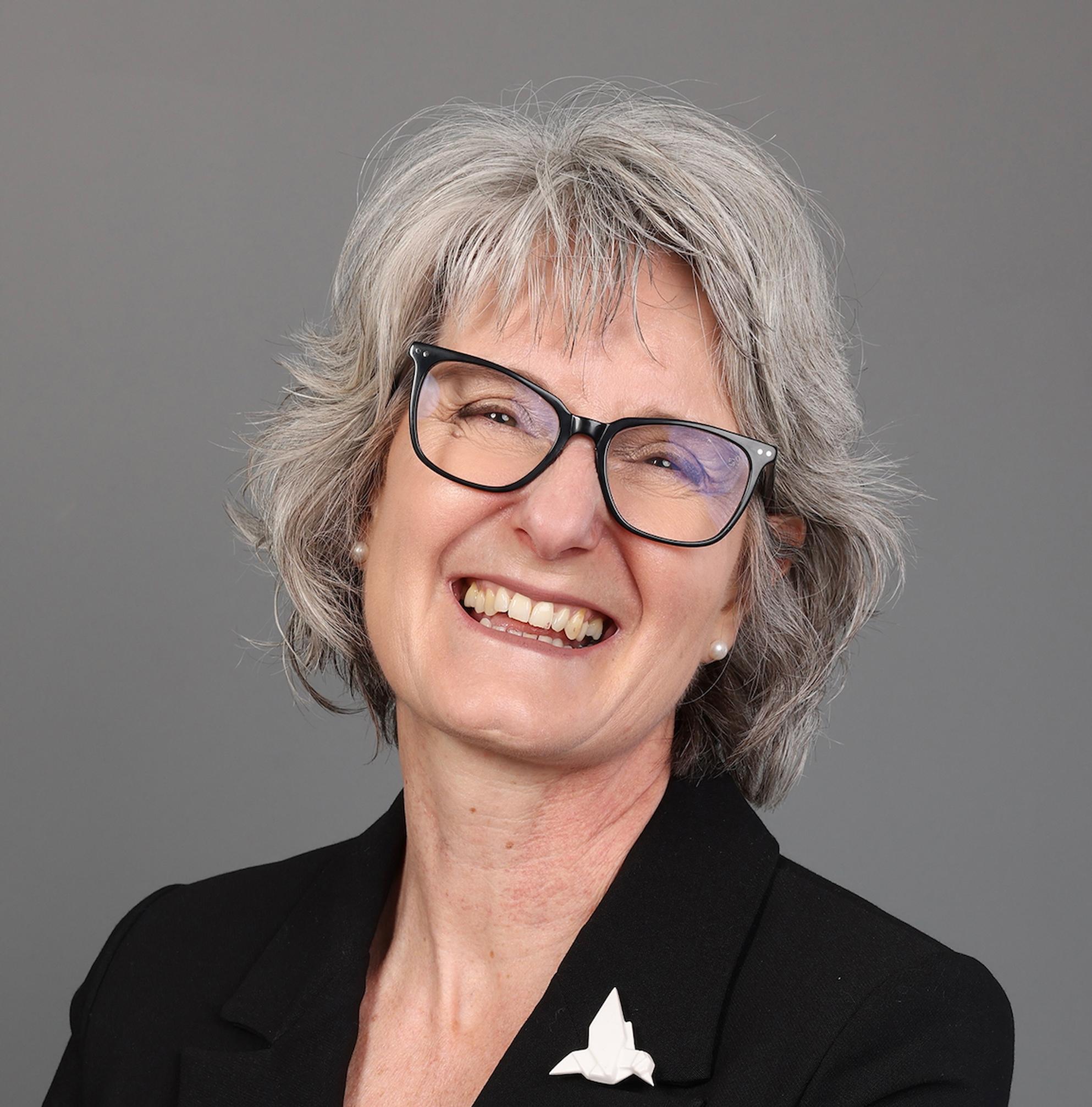

COP30 started this week in Belém, Brazil, accompanied by hope, expectations, and the fear of the ‘new world order’, which may derail the entire process.
The Brazilian Presidency has worked tirelessly for the past three years, even before COP28 in Dubai, to define a very rich programme. The Brazilian team comes extremely well prepared and experienced already. COP President André Correa do Lago is not from an oil and gas background or a political one: he is a negotiator with a long career in climate matters, international diplomacy and knows the politics and bureaucracy of these climate negotiations inside out.
He is only too aware of the political and financial difficulties of the current moment, and US President Donald Trump’s agenda. This COP Presidency has shifted the focus from the negotiations themselves – which may or may not progress – to what we can actually do to keep implementing the resolutions.
This is what they called the Mutirao, the traditional gathering of members of the community, to jointly help each other to achieve goals. This represents a sort of coalition of the willing for the purpose of moving towards implementation of what it is already possible.
So, the outcomes of COP30 may not be grand statements or promises. They will be a multitude of actions that will keep the world on track to, one day, bring the climate back under control and find a new point of stability.
I have no doubt that the media will focus more on anticipated controversies, rather than the commitment of individual countries or the achievement of the Mutirao.
The controversies are very well expected: the massive climate finance commitments agreed at COP29 in Baku last year are all but unachievable. $3 billion a year by the historic group of polluting nations and £1.3 trillions in facilitated finance by international banks and private sector. The US has pulled out, the EU has diverted funds towards defence and is terrified of being left to pick up the tab, while the UK has reduced its structural contribution to virtually nothing.
Low income nations, with a fraction of the emissions of western countries and facing great impacts as a result of climate events, are justifiably and vocally angry. Demands for reparation and legal action will surely bubble up.
Alongside this major issue is the uncertainty of Trump’s intentions to either ignore or undermine the process. The US will not send a delegation and have withdrawn funding from the COP organisation, its research and from the climate funding effort. But he could go further. He could also try and derail all side agreements.
Just recently, as the International Maritime Organisation was ready to seal their flagship deal on the decarbonisation programme of international shipping – a programme supported by major ports, shipping companies, ship building companies and nations – Trump tweeted his displeasure and intention to increase tariffs on all the signatories of the deal. Many pulled out, including island nations that were pushing very strongly for change. Ten years of negotiation and technical work for a viable and impactful systemic and integrated change was derailed in a day. And this may happen again.
Despite setbacks such as this, progress is still being made, albeit it very slowly. As of the end of October just 64 countries have submitted new plans to cut carbon, the UN said. We are still far off the scale needed to limit, or bring back, climate change to 1.5 degrees.
Meanwhile, the ambition and complexity of the promises are growing. No longer is anyone under the illusion that a simple action, such as closing coal mines and coal power stations, will be a silver bullet.
By contrast, the efforts of recent years to draw attention to the need for decarbonisation of urban areas are paying off. For instance, more commitments are being made to decarbonise urban transport and bring about behaviour change. The impact of heatwaves in cities, a cause of significant loss of life even without major permanent damage to property, is coming to the forefront.
It is interesting to note that many countries are taking different approaches: Japan is looking to innovation and technology to cut emissions; the UK is focusing on the energy sector and on partnerships at the city scale; and lower income nations are counting on community action, bottom-up approaches and behavioural change.
The UK, which it seems cannot afford much top-down investment, should perhaps take inspiration from these nations and shift towards soft measures, well-structured messaging and personal incentives. But this would require positive media support and encouragement of climate activism, which is unlikely any time soon!
Martina Juvara is Director at Urban Silence

TransportXtra is part of Landor LINKS
© 2026 TransportXtra | Landor LINKS Ltd | All Rights Reserved
Subscriptions, Magazines & Online Access Enquires
[Frequently Asked Questions]
Email: subs.ltt@landor.co.uk | Tel: +44 (0) 20 7091 7959
Shop & Accounts Enquires
Email: accounts@landor.co.uk | Tel: +44 (0) 20 7091 7855
Advertising Sales & Recruitment Enquires
Email: daniel@landor.co.uk | Tel: +44 (0) 20 7091 7861
Events & Conference Enquires
Email: conferences@landor.co.uk | Tel: +44 (0) 20 7091 7865
Press Releases & Editorial Enquires
Email: info@transportxtra.com | Tel: +44 (0) 20 7091 7875
Privacy Policy | Terms and Conditions | Advertise
Web design london by Brainiac Media 2020